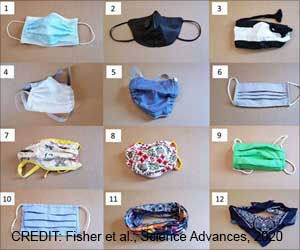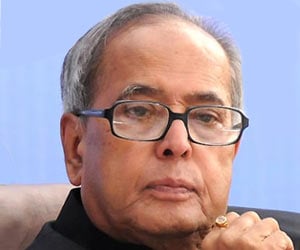Medindia in the News...
Doctor Online
30 September 1997
Advertisement
At a recent international conference -Telecom ' 97, organised in Geneva by the International Telecommunication Union (ITU), about a dozen public health and telecommunication experts discussed the exciting possibilities offered by telemedicine.
Thanks to the explosion in communications technology truly making the world a in communications technology truly making the world a global village,it has now become possible to diagnose a medical problem, supervise a surgical procedure or give a doctor or a paramedical health worker in a rural area valuable health information from hundreds, if not thousands,
of miles away.
At the Geneva conference, the endless possibilities of linking up experts in different parts of the globe was effectively demonstrated by means of two live interactive transmission between Moscow, Washington and Geneva.
It is worth examining the possibilities modern tele-revolution can hold out for a country such as India, where the cream of medical specialities is concentrated in urban centres, with some centres being more 'doctor-friendly' than others (with apologies to George Orwell !).
While corporate hospital in India may be lining up for services which will give them the opportunity to have cross-consultations with the creme de la creme of the medical community all around the world-for which probably, administrators, especially those serving in the public health centre, definitely need to sit up and take notice of this new area of medicine.
With almost every electrified village in the country having a television set today, slowly, global village called the world. It is only a matter of time before semi-urban and rural areas get connected to the rest of the world by a computer first, e-mail next and the Internet eventually.
Scope of Telemedicine
The term telemedicine includes, in its scope, consultation by telephone, video or e-mail and remote supervision of maladies and their treatment, especially in the under-served areas. One of its benefits is the instant access it gives to a doctor in a remote area expert advise to accurately diagnose a patient's illness and provide specific treatment for it.
The Telemedicine Research Exchanges notes the story of a rural doctor, who had never before done an amputation, being helped through the procedure by an expert over a video link. The two saved the life of the amputee who could not be reached to a better facility.
Hot off Internet is the case of the 19-year-old Chinese student, whose peculiar symptoms defied diagnosis. As prolonged treatment did not give her any relief, her query was put on one of the
bulletin boards on the net by her friends. There was overwhelming response from all over the globe and finally an American doctor suggested that it could be a case of arsenic poisoning. Based on this, the patient was treated and cured.
According to Dr.Sunil Shroff, Urologist at the Chennai-based Sri Ramachandra Medical College. "Almost three months have gone by, but the case of this Chinese girl- the problem, the diagnosis and the treatment- is still getting comments on the net".
The Founder of the Medical Computer Society of India (MCSI), which was launched on the net on September 6, feels that as far as India is concerned, even though doctors have not really taken advantage of the explosion in telecom and computer technology, "I think telemedicine is just around the corner".
Advertisement











